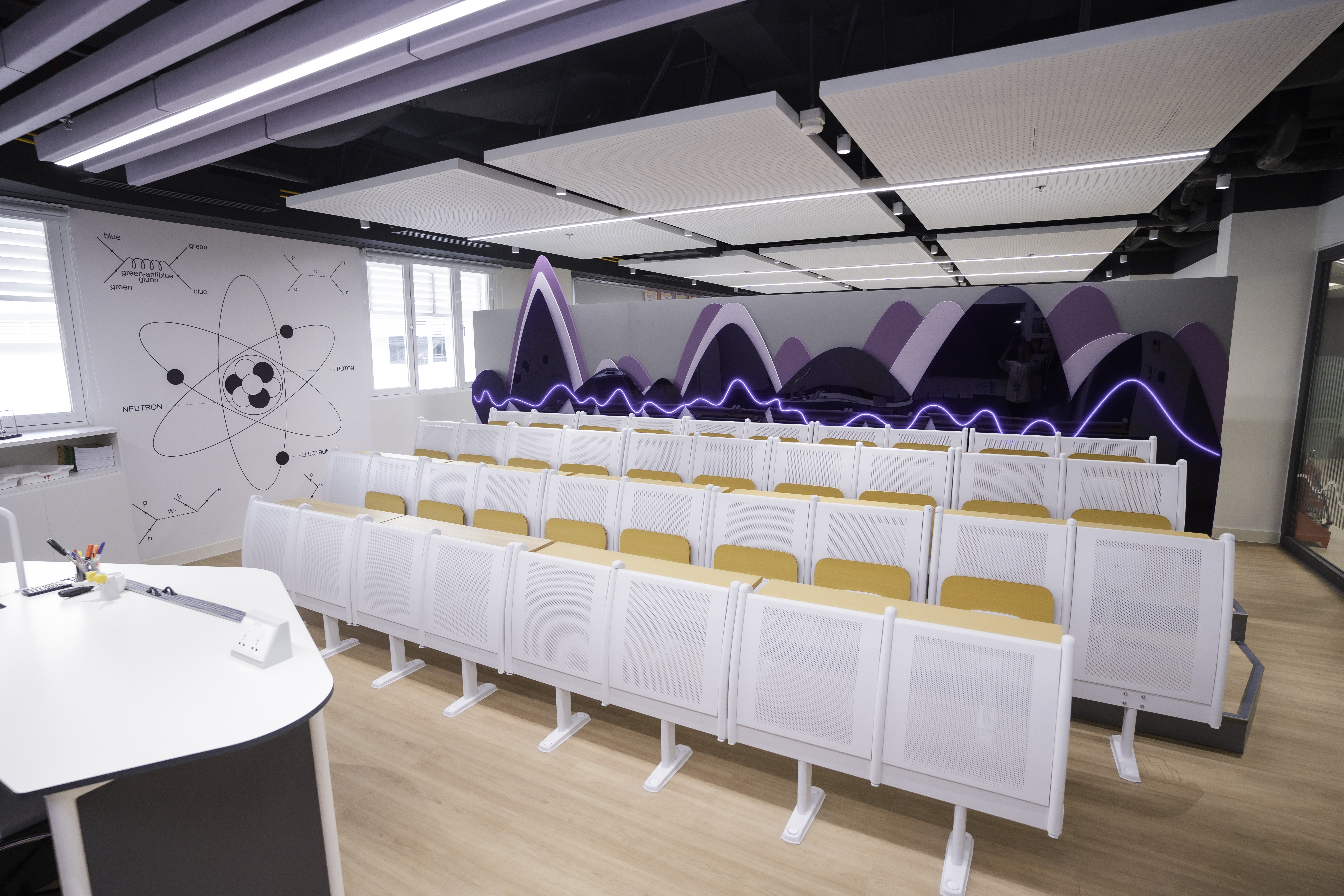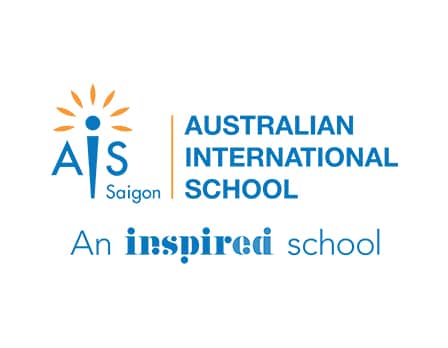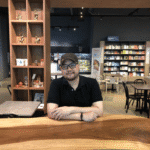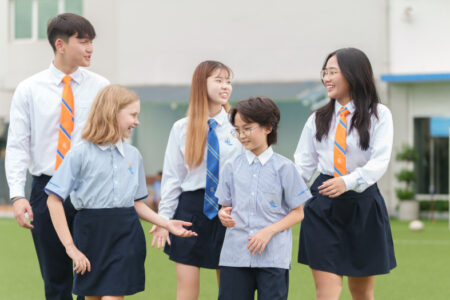In the past decade, STEM (Science, Technology, Engineering, and Mathematics) education has gained prominence as countries seek to develop professionals with the necessary technical skills to navigate the challenges of the 21st century and beyond. According to the US Bureau of Labour Statistics, STEM jobs are projected to grow 10.4% between 2023 and 2033, almost three times faster than non-STEM jobs.
It is safe to say STEM education is now an integral part of developing future-ready students. They start young, too – 60% of public high schools offer at least one foundational computer science course. A must-have to this experience is the growing usage of education technology (EdTech), which bridges the gap between theoretical knowledge and practical application. Think interactive simulations, lab work, coding platforms, and virtual reality – all of which allow students to engage with complex STEM concepts in a hands-on manner.
EdTech is transforming STEM education — not only by enhancing learning experiences but also by making it more accessible and inclusive. Take Southeast Asia, for example. The region is seeing a surge in interest across STEM fields, fuelled by its cultural diversity, growing economies, strong emphasis on vocational training, and affordable cost of living. As a result, it has become an increasingly attractive destination for global education. With more than 1,500 international schools offering diverse curricula in English and state-of-the-art facilities, students have access to high-quality STEM education in a dynamic and multicultural environment.
One such example is Australian International School (AIS), Vietnam. The school’s recent addition of three, brand-new, state-of-the-art Science Labs is another mark of its commitment to academic excellence and large-scale impact. They’re the latest addition to the school’s existing four labs, and serve to not only reinforce classroom learning, but also introduce young students to the complexities and challenges of real-world applications and scenarios.
“These new facilities now allow us to use them as teaching spaces, especially for our senior science students. We have a larger space now to do experimental work and get more lab time,” says Alex Knight, Head of Science at AIS. “The design is innovative – one side resembles a lecture theatre, while the other functions as a wet lab. It’s an excellent space for practical work, with superior sound attenuation that minimises echoing, creating the perfect learning environment.”

With a dedicated team of highly qualified expat teachers and a strong focus on academic achievement, sports, arts, technology, and personal growth, AIS students are prepared to excel in all areas of life. Source: Australian International School Vietnam
Like many other educators, Knight strongly believes that practical learning is an essential aspect of understanding scientific concepts. While good theory provides the fundamentals, STEM learning revolves around experimental work – you’ll see a shift in programmes such as the International Baccalaureate (IB), which are pushing towards rigorous experimental work like data collection and analysis. AIS has over 250 IB students this year alone, making it one of the biggest cohorts, according to Knight.
“For students taking the IB or the IGCSE, they’re expected to do 20-30% of their work in the lab, which is a significant amount of time,” he explains. “Prior to this expansion, we were struggling to get that lab time, but now we have the means to do so, which is absolutely critical. It also sends a clear message that the school takes scientific education seriously, and more students will take part when they have access to resources like this.”

The new facilities aid AIS students in becoming confident, inquisitive, and creative thinkers with a global mindset. Source: Australian International School Vietnam
Aside from the new labs, the school has a new Metaverse Room, available for teachers and students to use the latest VR (Virtual Reality) technology. There are dozens of immersive VR sets, allowing for two classes to operate simultaneously. Imagine examining a human heart up close, exploring the ocean’s depths to spot crustaceans, or observing asteroids while sitting on the moon – all without leaving the classroom. These are just some examples of what students can experience with the school’s state-of-the-art VR technology.
While the technology is in the early days of implementation, AIS has already invested in a platform to access online VR resources, and is training its teachers to use and navigate them. The push for this revolutionary technology comes after Inspired Education Group’s global partnership with Meta, which has been providing students with exciting and dynamic interactions with academic material since 2023.
“It’s a good way to engage students and complement their learning, and it gives them the opportunity to do things that are more interactive, interesting, and fun,” Knight says. “This works especially if we go into something that’s a little dry, like atomic structure – it can be hard to conceptualise.”
While these facilities are still new, AIS has received positive feedback. Students, especially chemistry seniors, are keen on using the new spaces, delving into new types of practical work previously unavailable in the school’s beginner labs. Knight is excited about what the future will bring, as these new offerings mark a new chapter for the school.
“We aspire to grow student engagement in science and offer a wider range of subjects,” he says. “We now offer more than just Computer Science, and have more students pursuing science than at any other time in the history of the school. We’ll keep improving and growing.”
AIS offers a first-class international curriculum for students aged 18 months to 18 years, including boarding options for Year 7 to Year 13. It’s a unique blend of the best an Australian private education can offer, alongside internationally recognised programmes such as the Cambridge International General Certificate of Secondary Education (IGCSE) and the International Baccalaureate (IB). This bespoke combination, alongside unparalleled opportunities across sports and the arts, ensures that students are prepared to excel in both Vietnam and beyond.
Want to see these new science labs for yourself? Don’t miss AIS Open Days! Join a guided tour and experience the future of science firsthand.
Follow Australian International School Vietnam on Instagram, Facebook, LinkedIn, X, and YouTube.













